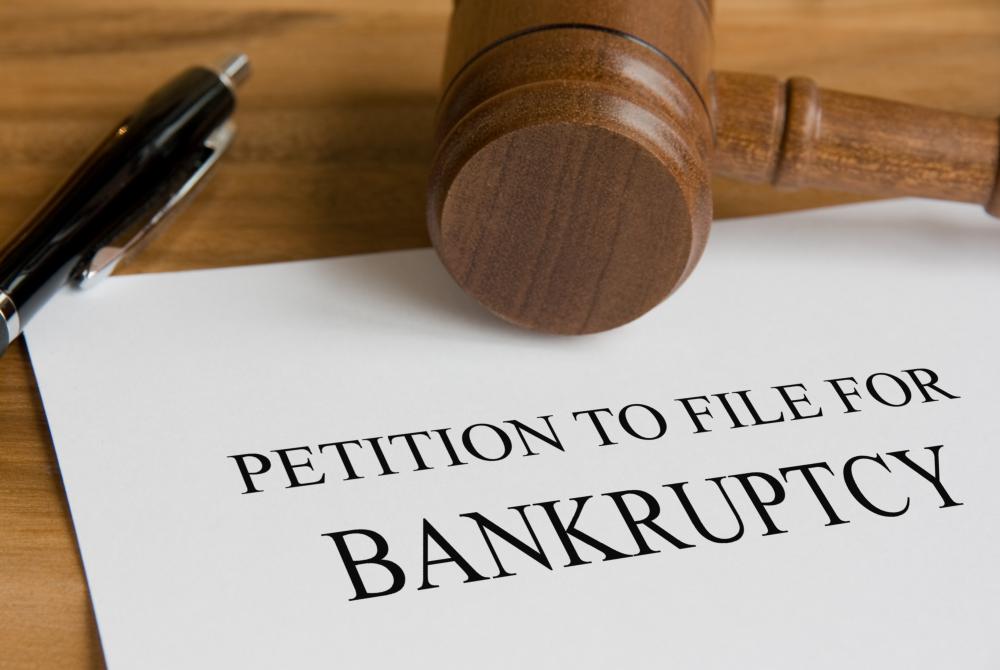At WiseGEEK, we're committed to delivering accurate, trustworthy information. Our expert-authored content is rigorously fact-checked and sourced from credible authorities. Discover how we uphold the highest standards in providing you with reliable knowledge.
How can I Avoid Wage Garnishment?
Wage garnishment is a form of relief offered to creditors seeking to collect money from those indebted to them. Those in debt seeking to avoid wage garnishment can do so by avoiding getting sued, appealing the garnishment, paying off their judgment amount, or declaring bankruptcy. Depending on the debtors' situation, some of these options may not be as wise as the others.
Perhaps the best way to avoid wage garnishment is to avoid the legal process in the first place. Many creditors actually do not want to file a lawsuit; it is a last resort when the debtor ignores the fact that he owes money. People who owe money should never avoid or ignore the debt or the creditor even if unable to pay. Instead, contacting the creditor with an explanation and a willingness to work out a plan usually works much better.

Filing an appeal is another way to avoid wage garnishment. While it won't actually reverse the writ, a debtor can still appeal the decision with a claim of exemption. Courts recognize that people still have the right to fulfill the most basic of living needs, such as food, housing, and health care. If the debtor's wages are garnished so severely that basic living needs are affected, filing an appeal can help avoid it.

Once a writ of garnishment has been issued, a debtor can call and arrange to make the full payment within 10 days of the writ. After paying the amount in full, a debtor must submit the proof of payment to the appropriate office. Once this occurs, the writ becomes entirely invalid. This method to avoid wage garnishment works best for smaller debts.
A debtor under extreme financial difficulty can declare bankruptcy to avoid wage garnishment. In the US, he can file either under Chapter 7 or Chapter 13 bankruptcy. After filing for bankruptcy, creditors are legally required to cease inherent pursuit of the debt, including wage garnishment. While the debtor still must pay back the debt, the pressure from the creditors does stop.
Someone who declares Chapter 7 bankruptcy will lose all of his valuable assets, which will be liquidated and distributed to the creditors to help settle the debt. Chapter 13 bankruptcy is a lengthier process, taking place over five years. All debts will be repaid by the debtor through a monthly payment plan. In the end, however, the debtor is able to keep most of his assets.
AS FEATURED ON:
AS FEATURED ON:












Discuss this Article
Post your comments